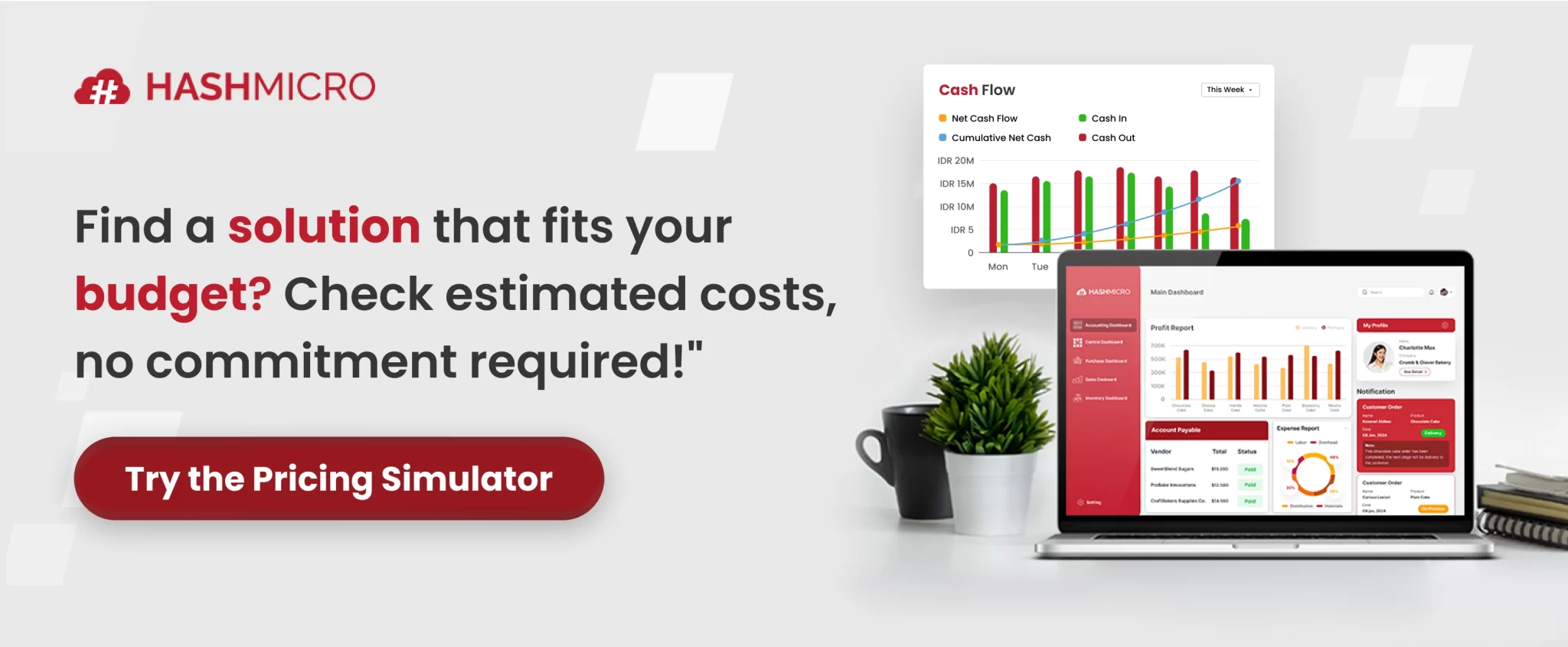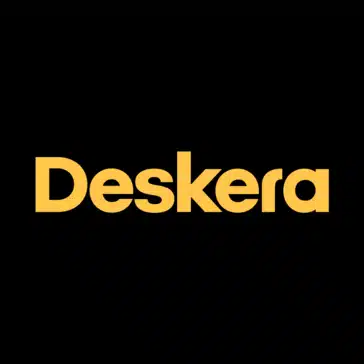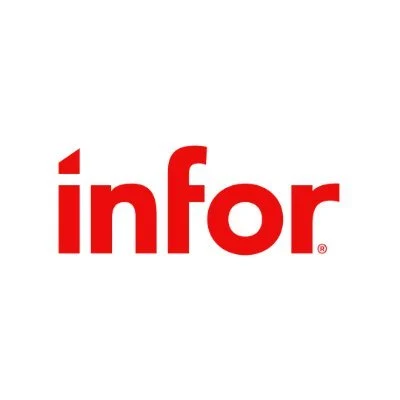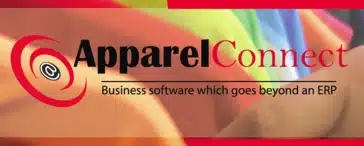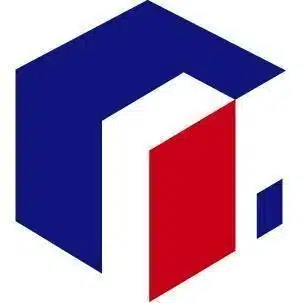The fashion industry is fast-paced and ever-evolving, driven by trends and customer demands. Managing the complexity of fashion operations can be overwhelming, but ERP software is here to streamline processes and boost efficiency.
ERP solutions have become indispensable for fashion businesses, from small boutiques to large manufacturers. These systems offer real-time data, inventory management, order processing, and more, ensuring enterprises stay ahead of the competition.
Embracing ERP is key to driving growth, improving productivity, and staying competitive in the dynamic fashion sector. Ready to streamline your operations? Try our free demo today and discover how ERP can transform your fashion business.
Key Takeaways
|
Shortlisted ERP Systems for the Fashion Industry
When I explored ERP solutions for the fashion industry, I realized how crucial they are in managing everything from production to sales. Here are the systems I’ve shortlisted for their ability to simplify operations and boost efficiency.
Best Because
The best end-to-end solution for all types of business needs
Best Because
Best for managing sales and customer relationships
Best Because
Best for cross-department collaboration and real-time data visibility
Best Because
Best for coordinating with manufacturers and distributors.
Best Because
Best for streamlining operations and driving success in a competitive market
5 Best ERP Systems for the Fashion Industry
To maximize the functions of ERP systems for the fashion industry, businesses should choose the right ERP system according to their needs. Here are some recommendations for the best ERP systems that suit your requirements.
1. HashMicro
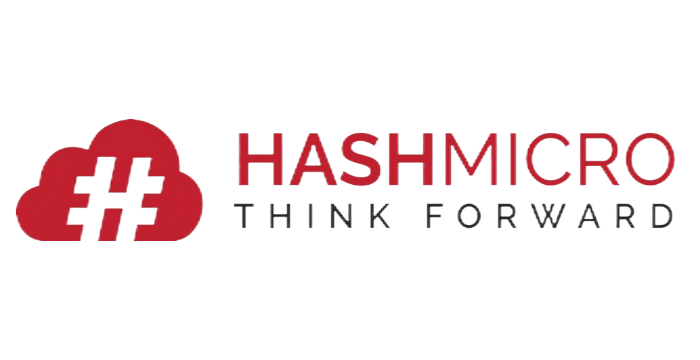
HashMicro is one of the top solutions that may appear when planning to implement an ERP system for the fashion industry.
With its extensive experience and deep understanding of the fashion industry’s unique requirements, HashMicro offers a comprehensive ERP system specifically tailored to meet the needs of fashion businesses.
HashMicro’s ERP for the fashion industry offers a range of features designed to streamline operations, enhance efficiency, and drive profitability.
Key features of HashMicro for the fashion industry:
- Procurement Management: Automates sourcing of fabrics, trims, and other materials, streamlines vendor approvals and tracks purchase orders end-to-end.
- Inventory & Warehouse Management: Gives real-time visibility of stock levels across multiple locations, supports size-colour variants, and prevents stockouts or overstock in fashion SKU-rich businesses.
- Manufacturing/Production Planning: Handles cut-make-trim (CMT), sample approvals, work orders and batch tracking so fashion brands can keep up with trend-driven production schedules.
- Sales & CRM Management: Manages orders from wholesale, retail and e-commerce channels, tracks customer interactions and helps fashion brands deliver personalised service.
- Accounting & Finance: Integrates cost tracking (materials, labour, overhead), calculates margins per style, and supports financial reporting tailored for fashion operations.
Best for: Mid-sized to large businesses that need an all-in-one cloud solution to manage finance, inventory, sales, HR, and procurement efficiently. It’s ideal for industries like fashion that require real-time visibility, automation, and customizable workflows. 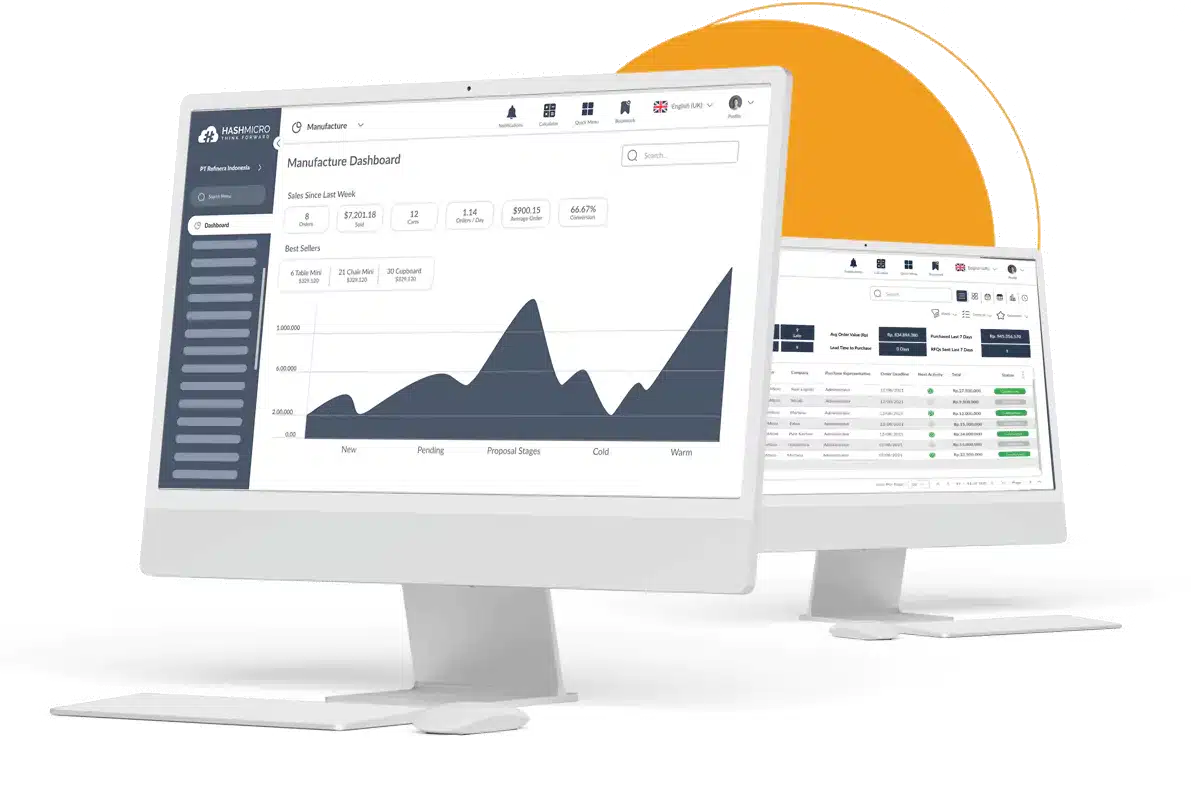
HashMicro ERP system covers all key aspects of the fashion business, from inventory management and production planning to sales and customer management. The system’s user-friendly interface and intuitive design make it easy for employees.
You can also grab a free demo service that you can try before implementing the software. It is equipped with professional assistance and consultants, making it easier to meet your requirements.
2. Deskera
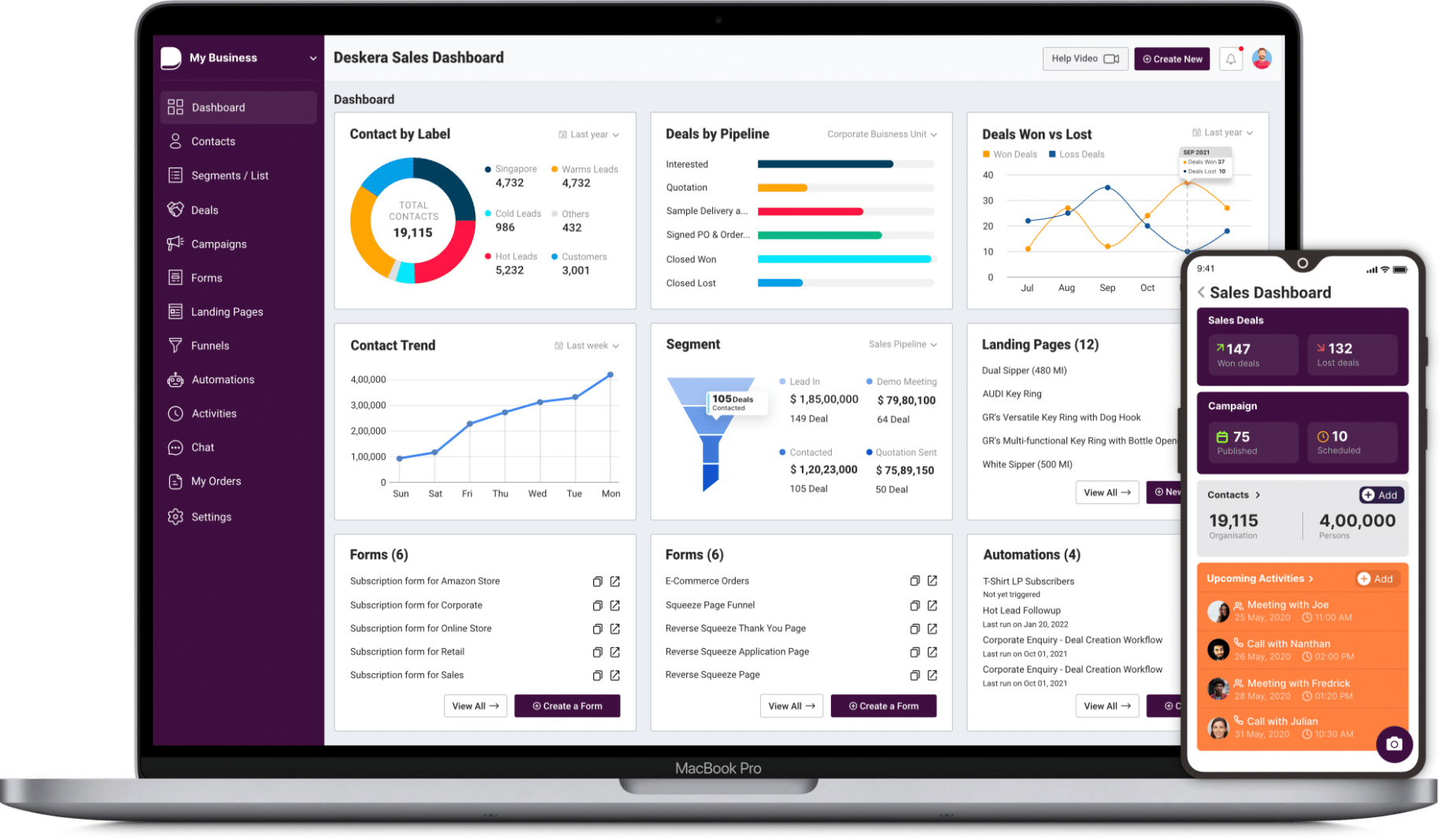
Deskera Singapore’s ERP system for the fashion industry also excels in sales and customer management. It provides a centralized platform for managing sales orders, tracking customer interactions, and analyzing sales performance.
With real-time insights into customer preferences and buying behavior, fashion businesses can personalize their marketing strategies and enhance customer satisfaction.
Key features of Deskera ERP for the fashion industry:
- Real-time inventory tracking across multiple warehouses to prevent stock issues
- Multi-channel order management for e-commerce, retail, and wholesale in one system
- Supplier and production management to streamline procurement and material flow
- Product lifecycle tracking from design to production with BOM and quality control
Best for: Small to medium-sized businesses (SMBs) across industries such as manufacturing, distribution, retail, services, and construction.
3. INFOR Fashion
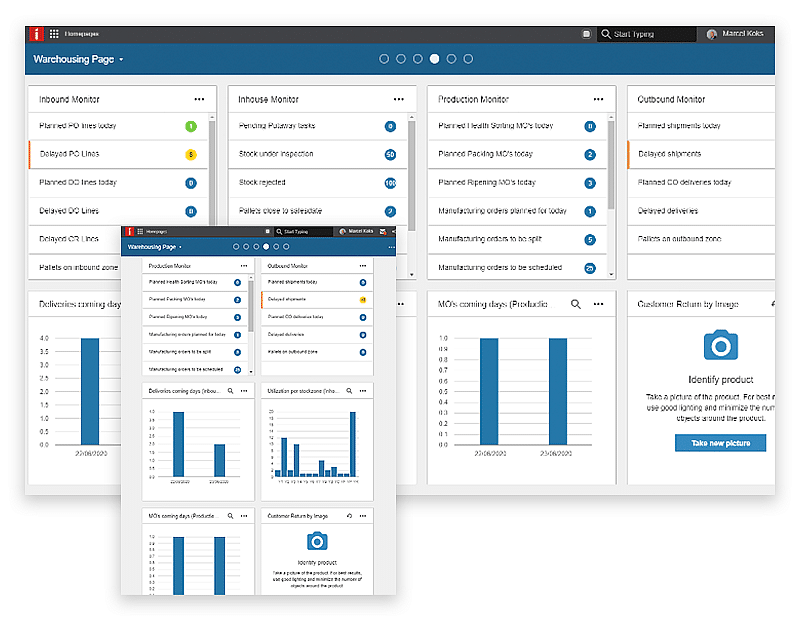
INFOR Fashion’s ERP system offers numerous benefits to fashion businesses. The system promotes seamless collaboration and communication across departments, facilitating efficient coordination between design, procurement, production, and sales teams.
With real-time visibility into data and streamlined workflows, INFOR Fashion enhances productivity, reduces manual errors, and improves decision-making capabilities.
Key features of Infor Fashion for the fashion industry:
- Product lifecycle management to streamline design and production processes
- Inventory control to manage stock across multiple channels in real time
- AI-Powered Planning to enhance forecasting accuracy and demand planning
- Global compliance to ensure visibility and adherence to international financial standards
Best for: Mid-to-large fashion brands, manufacturers, or global retailers that need an industry-specific ERP with deep capabilities for apparel, footwear, and accessories.
4. Apparel Connect
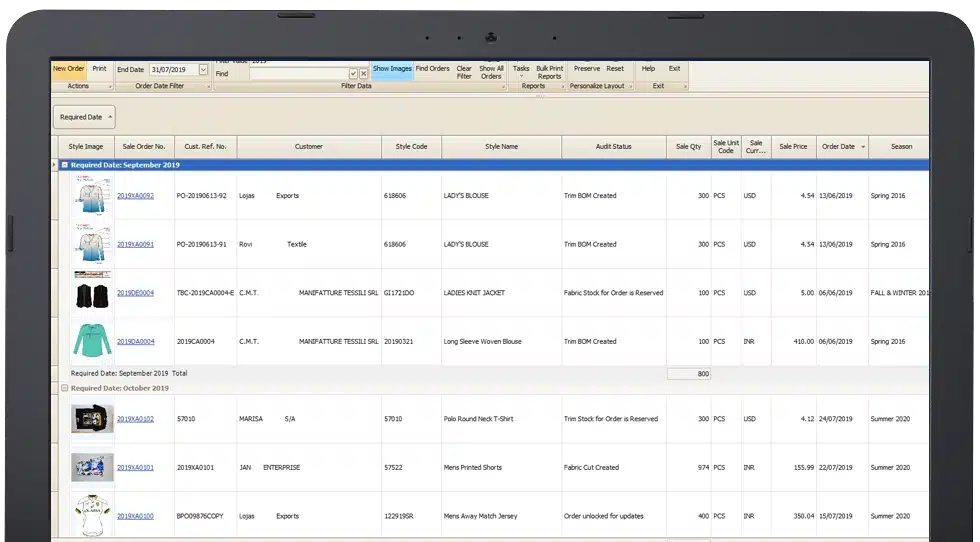 Apparel Connect enables fashion businesses to optimize their sourcing, procurement, and logistics operations. By leveraging Apparel Connect’s ERP system, fashion businesses can achieve operational excellence.
Apparel Connect enables fashion businesses to optimize their sourcing, procurement, and logistics operations. By leveraging Apparel Connect’s ERP system, fashion businesses can achieve operational excellence.
From managing supplier relationships to coordinating with manufacturers and distributors, Apparel Connect streamlines the entire supply chain, reducing lead times and improving operational efficiency.
Key features of Apparel Connect for the fashion industry:
- Style costing and production planning to manage designs and manufacturing efficiently
- Inventory and warehouse control to track materials and finished goods in real time
- Supplier and outsourcing management to streamline vendor coordination and processes
- Quality control with analytics to ensure product consistency and performance insights
Best for: Garment manufacturers, CMT factories, buying houses, and material traders operating in the garment industry who need an integrated system tailored to apparel workflows.
5. PolyPM
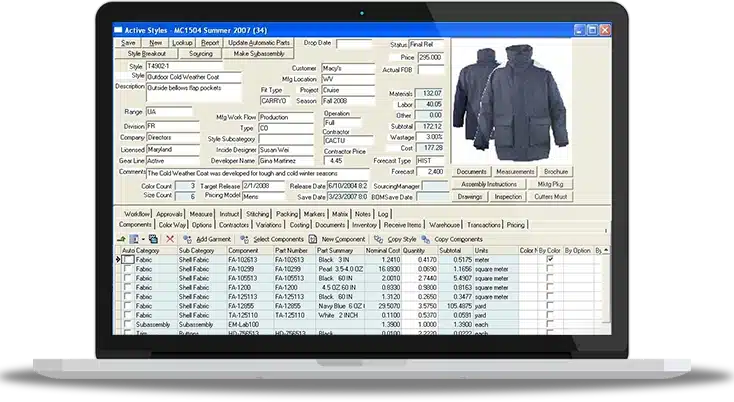 PolyPM is a trusted ERP solution provider that offers a comprehensive suite of software specifically designed for the fashion industry.
PolyPM is a trusted ERP solution provider that offers a comprehensive suite of software specifically designed for the fashion industry.
With its innovative features, industry expertise, and commitment to excellence, PolyPM stands out as an exceptional choice for fashion businesses seeking to streamline their operations and drive success in a competitive market.
Key features of Apparel Connect for the fashion industry:
- Manages style and product lifecycles with size and color variations
- Tracks production in real time from cutting to delivery
- Controls fabric and trim inventory with automatic stock updates
- Handles vendor, costing, and profitability management.
Best for: Manufacturers, brands, or sourcing houses in the apparel, textile and sewn-products industries that need a specialized ERP solution tailored to their production workflows.
Considering the scale at which the fashion industry is growing, startups may require a custom solution that aligns with their future goals but falls within their budget. The best alternative would be to use MVP development services to build a solution that only offers core features that can be scaled up in the future.
What are the Key Operations in the Fashion Industry?
In the fashion industry, several core operations work together to keep everything running smoothly. Here’s an overview of the key functions that an ERP system for a local fashion brand can help streamline:
1. Accounting
The accounting department plays a critical role in maintaining financial stability. By keeping accurate records and tracking cash flow, they provide valuable insights that inform business decisions and ensure compliance.
2. Production
Production is responsible for maintaining quality and meeting targets. They ensure the right materials are used, the manufacturing process stays consistent, and customer demands are met on time.
3. Purchasing and supply chain management
This department is responsible for sourcing materials and managing supplier relationships. They maintain a smooth flow of information throughout the supply chain to ensure a steady supply of products for production.
4. Sales and marketing
Sales and marketing work to build brand recognition and connect with customers. By utilizing channels such as social media, advertising, and influencer partnerships, they ensure the brand stands out in a crowded market.
5. Human Resource Department
HR focuses on recruiting, training, and retaining talent. They ensure the team is compliant with employment laws and create a positive work environment that supports the business’s growth.
To make it easier for you to understand this section, here is a summary of the key operations in the fashion industry:
| Key Operations | Description |
|---|---|
| Accounting | Keeping accurate records and tracking cash flow provides valuable insights that inform business decisions and ensure compliance. |
| Production | Ensure the right materials are used, the manufacturing process stays consistent, and customer demands are met on time. |
| Purchasing and supply chain management | Maintain a smooth flow of information throughout the supply chain to ensure a steady supply of products for production. |
| Sales and marketing | Utilizing channels such as social media, advertising, and influencer partnerships, they ensure the brand stands out in a crowded market. |
| Human Resource Department | Ensure the team is compliant with employment laws and create a positive work environment that supports the business’s growth. |
Why Do You Need an ERP System for the Fashion Industry?
Managing the complexities of the fashion industry requires an integrated solution. A garment ERP system centralizes operations across supply chain management, sales, and customer relations.
With multiple suppliers, diverse materials, and complex production processes, an ERP system streamlines everything, offering real-time visibility into inventory, production, and order status. It helps optimize procurement, reduce stockouts, and meet customer demands efficiently.
Additionally, integrating CRM functionality allows you to track customer interactions and preferences, driving personalized experiences and growth.
For fashion businesses aiming to improve operations, the right ERP system is crucial to stay competitive and efficient. Explore the best garment ERP software to enhance your manufacturing and operations today!
What are the Benefits of an ERP System for the Fashion Industry?

ERP also has several advantages that can benefit the fashion industry. You may need to know the benefits of fashion ERP systems.
1. Streamlined manufacturing facilities
ERP systems synchronize production planning, scheduling, and resource allocation, providing real-time insights that reduce bottlenecks and optimize workflows. Accurate forecasting ensures products are made on time and resources are used efficiently.
2. Inventory management
With ERP, businesses can maintain optimal inventory levels, minimize stockouts, and reduce excess stock. Real-time visibility and integration across sales, procurement, and production help improve demand forecasting and planning.
3. Improvements in productivity
For a fashion retail business, ERP systems automate tasks and centralize data, reducing manual work and minimizing errors. This not only improves efficiency but also allows employees to focus on more strategic, value-added activities, boosting overall productivity.
4. Cost reduction
ERP helps optimize inventory control, reduce excess stock, and avoid overproduction, leading to significant cost savings. It also streamlines workflows, eliminating inefficiencies and reducing labor costs.
5. Production planning
With integrated data from multiple departments, ERP provides real-time insights into demand trends and resource availability. This enables more informed decision-making, improved scheduling, and timely production to meet customer needs.
How to Choose the Right ERP System for the Fashion Industry
Choosing the right ERP system for the fashion industry is critical because fashion businesses face unique challenges like fast-changing trends, complex supply chains, and seasonal demand. Here’s a structured guide:
- Understand your business needs
Start by mapping out your workflows from design to sales, then list the pain points such as inventory mismanagement or slow production. This helps you identify exactly what ERP modules you need before comparing vendors. - Evaluate key features
Check if the ERP supports critical fashion functions like SKU management, demand forecasting, and omnichannel integration. Match each feature to your business process to see how it solves existing bottlenecks. - Assess vendor expertise
Research vendors with proven experience in the fashion or apparel industry and request their case studies. This step ensures you choose a system tailored to handle seasonal changes and complex supply chains. - Calculate cost and ROI
List all potential costs, including licensing, implementation, and training, and compare them with the expected benefits, such as reduced waste or faster production cycles. This will help you measure long-term ROI before committing. - Test and compare vendors
Request demos from at least three ERP providers and involve cross-department teams in the evaluation. Use these trials to see how well the system integrates with your current tools and how easy it is for staff to use.
Conclusion
An ERP system is essential for the fashion industry as it centralizes key operations such as supply chain management, procurement, and production planning. By offering real-time insights into inventory levels and production schedules, it helps businesses streamline processes, reduce stockouts, and ensure timely delivery.
The right ERP system empowers businesses with data-driven decision-making, allowing for more accurate resource allocation and efficient production planning. This leads to improved operational efficiency and a more responsive supply chain.
If you’re looking for the best ERP software for the fashion industry, consider HashMicro. With its affordable pricing and comprehensive features, HashMicro ERP can simplify your business operations and drive growth. Plus, you can save up to 50% with the PSG Grant. Try our free demo today to experience how it can transform your business!
Warning: Undefined array key "med" in /home/hashmicr/public_html/blog/wp-content/plugins/insert-headers-and-footers/includes/class-wpcode-snippet-execute.php(419) : eval()'d code on line 281

FAQ about Fashion ERP
-
What is ERP in the fashion industry?
A robust cloud-based ERP system in the fashion industry supports efficient product turnover and demand forecasting, enabling personalized sales strategies. By recording customer data such as purchase history and buying frequency, the system offers insights into apparel trends and enhances production planning decisions.
-
What is PLM for fashion?
A PLM system in the fashion industry unifies efforts across design, development, sourcing, production, and marketing teams. This alignment minimizes errors, speeds up product launches, and helps boost overall profitability.
-
What is CRM in the fashion industry?
CRM, or Customer Relationship Management, is essential across many industries, but in the fashion sector, it offers specialized tools that cater to its distinct customer engagement needs.


